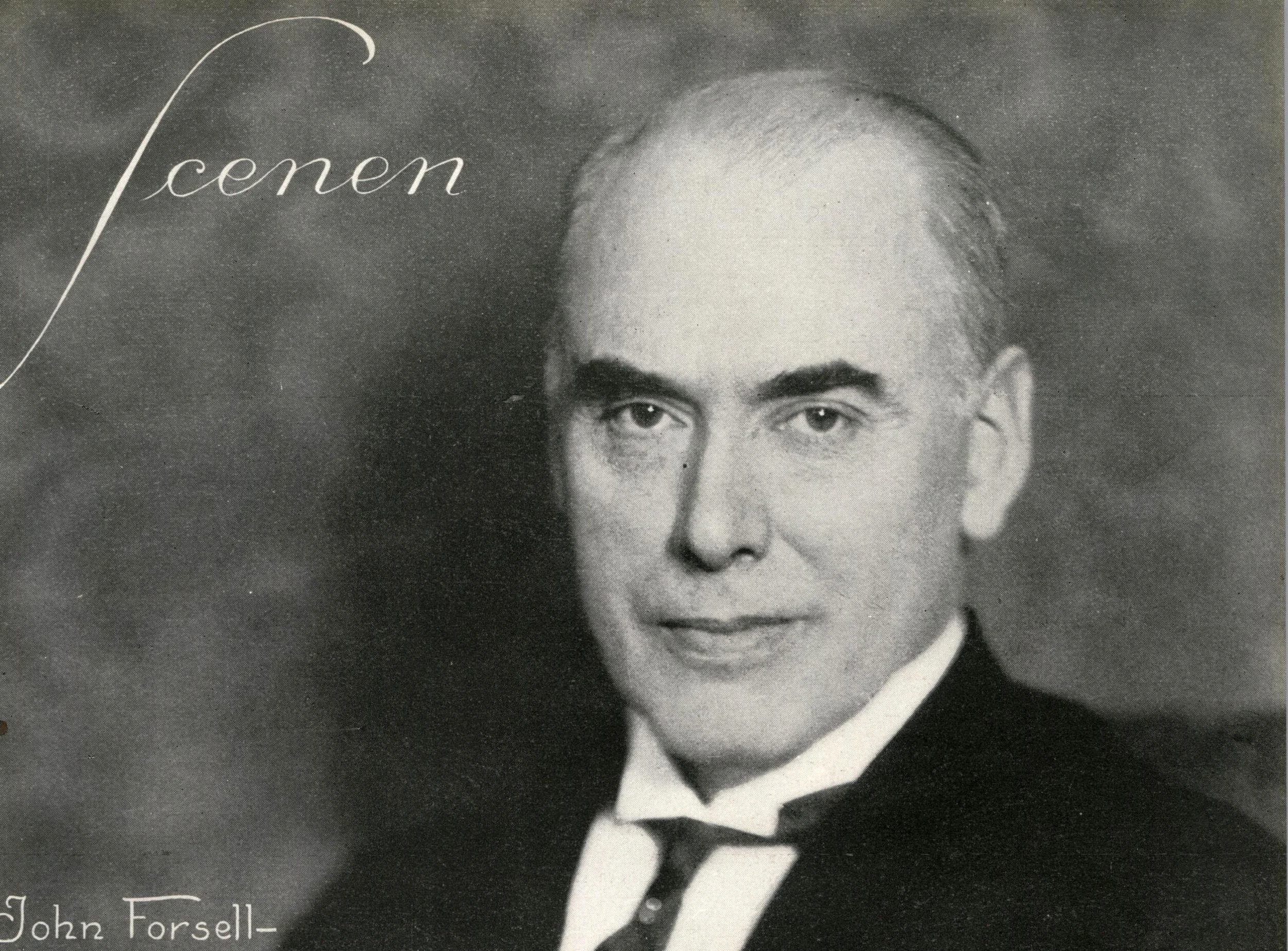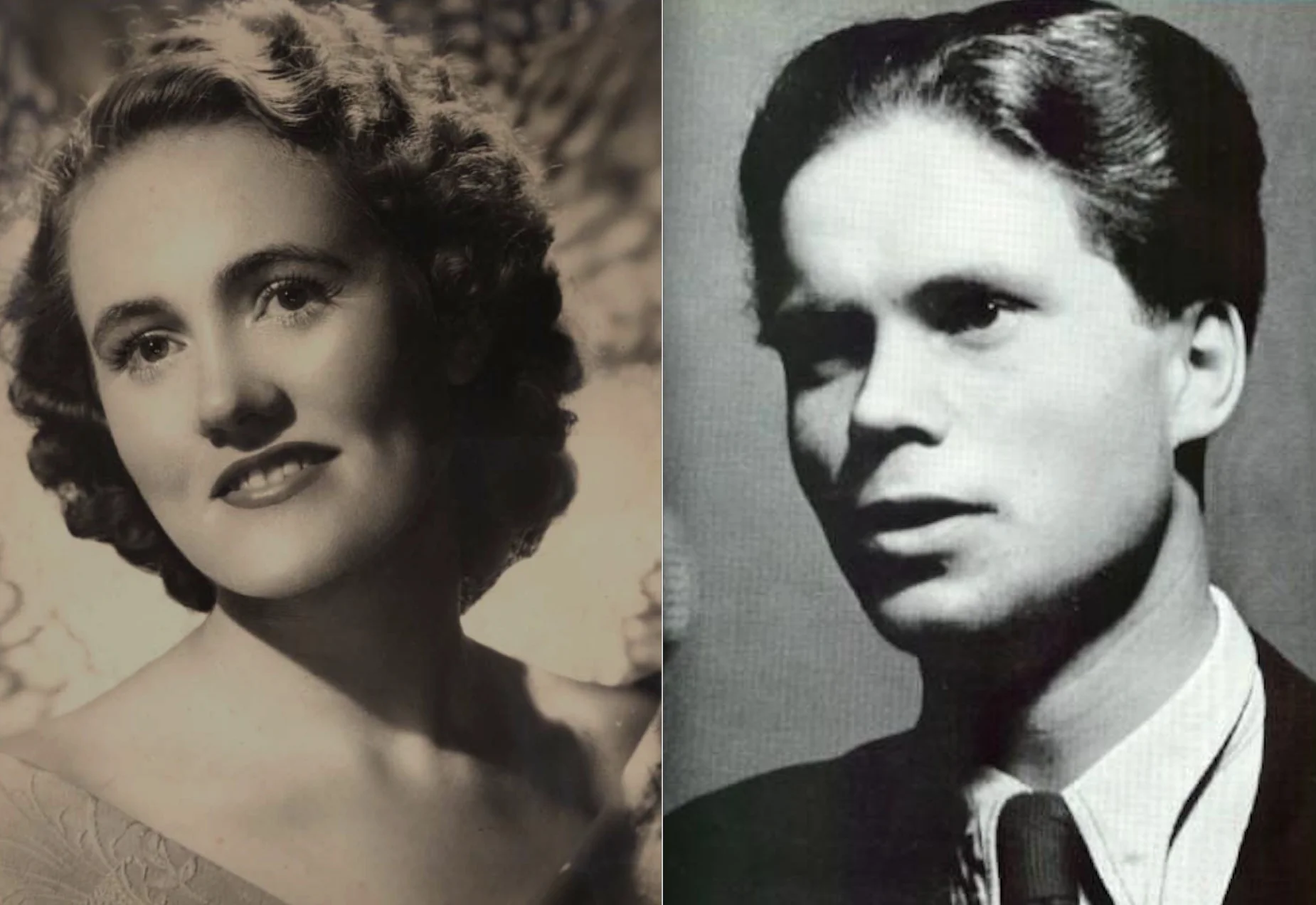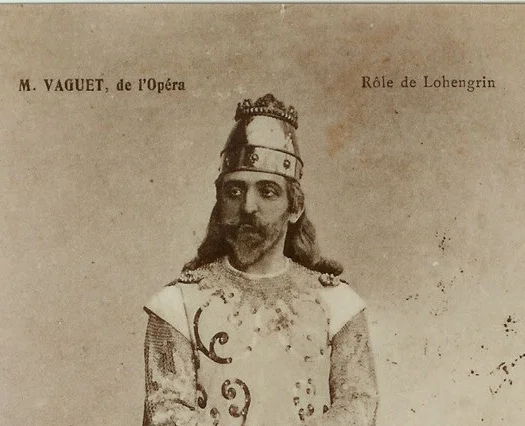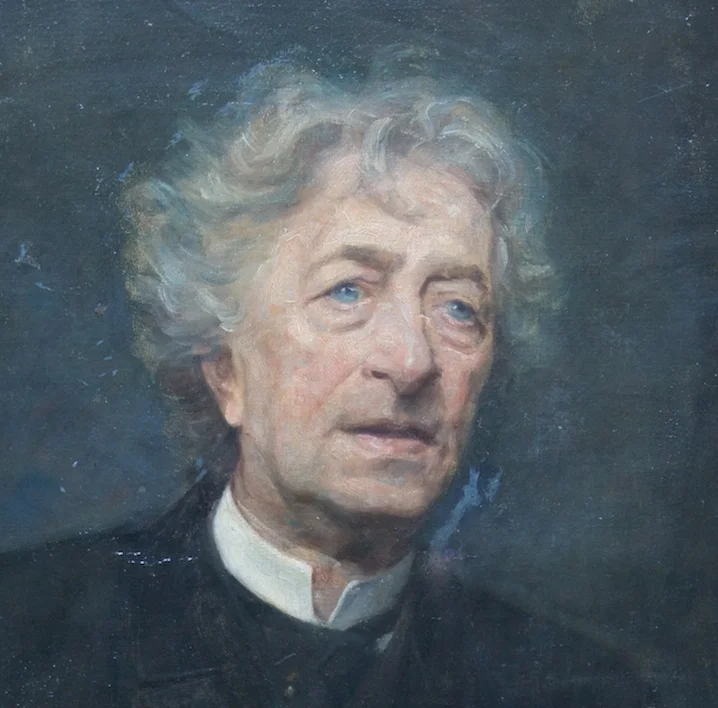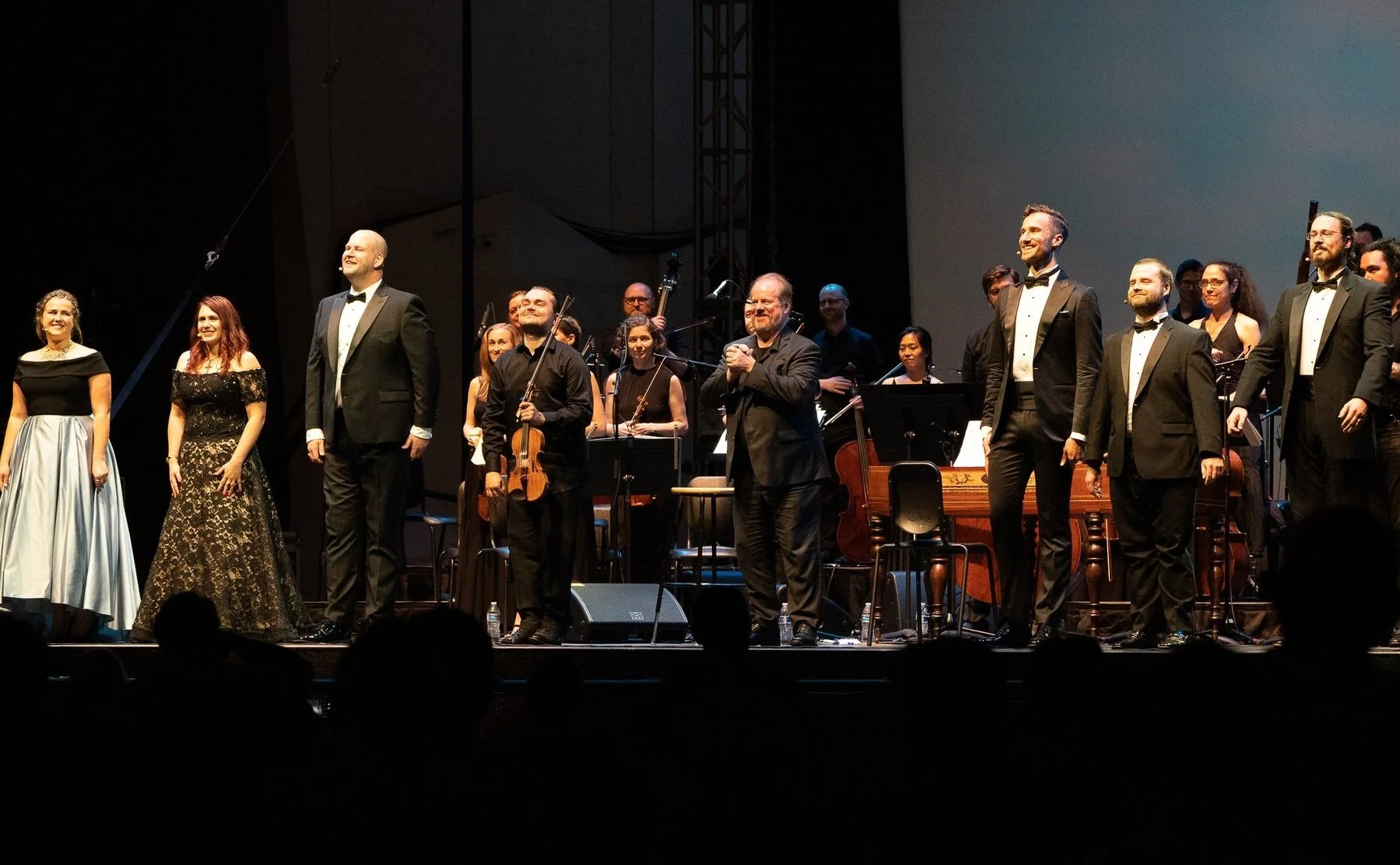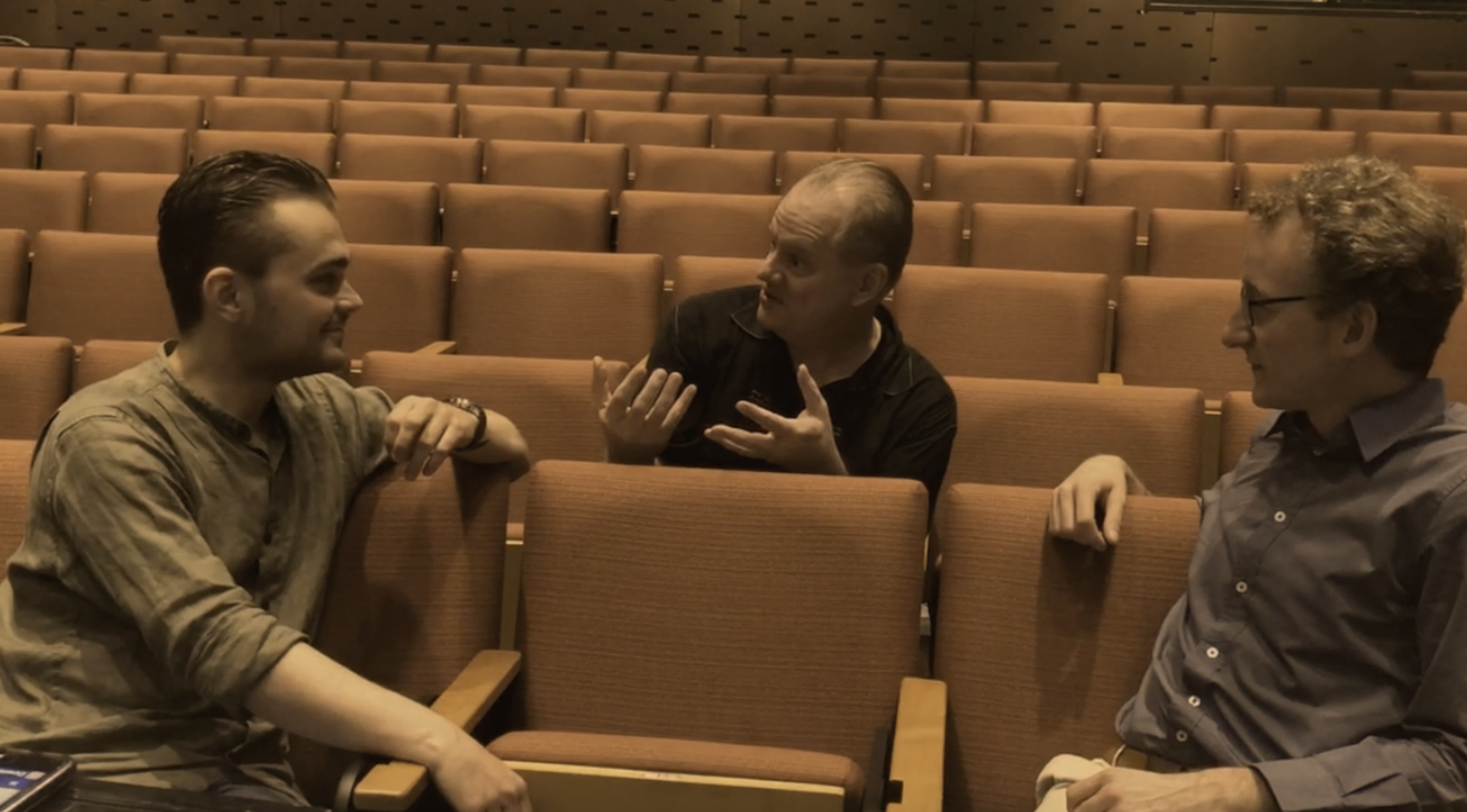A Different Drum-Major
Plançon in Ascanio (Saint-Saëns), 1893
Pol Plançon (1851-1914) was one of the top basses in the most lucrative cities on the international opera circuit - Paris, London, and New York - for about a quarter-century. He sang Verdi, Wagner, and the whole French repertory, and specialized in the Mephistos of Gounod, Boito, and Berlioz. His reputation, then and ever since (thanks to his late-career recordings), was for elegance above all.
Practically any of the 68 individual items he recorded could sustain that reputation. One of his favorite showpieces was the Drum Major’s aria from Le caïd, an 1849 comedy by Ambroise Thomas that stayed in the Opéra-Comique’s repertory until 1911. Plançon often sang the aria on the Metropolitan’s Sunday concerts, and made five recordings of it. All five are fantastic, and the fifth, made in 1907, has been reissued many times. It has the best overall sound quality, but the singer, unsurprisingly for a deep bass at 56, was starting to require a cautious approach to top E. Here instead is the third version, made in 1903, in more primitive sound but with just a shade more élan in the final pages.
Plançon really demonstrates just about every recognized way of getting from one note to another in the Bel Canto tradition. Slow portamento, smooth ordinary legato, firm marcato, articulation by slurred pairs, completely separated staccato notes, quick scales and arpeggios (ascending and descending), rapid turns around a single note, a perfect trill - it’s all there, a textbook in four minutes, plus diction and character. OK, the music is a little lightweight, and we could wish he had chosen a Mozart concert aria or Assur’s mad scene from Semiramide instead….but still.
For those curious about agility: the 16th-note runs near the end go at a tempo of MM=120, accelerating to about 132 as Plançon steps on the gas in the coda. Manuel García jr., writing in 1847, said that 132 was the required pace for a professional-level soprano (and that the most virtuosic singers could reach 152!). Plançon is one of the few basses on record to get all the way up to “soprano speed” - but he had plenty of competitors who could handle 120 with no problem.
Teatro Nuovo puts great emphasis on learning from the singers who had never heard, or heard of, microphone singing - primitive recordings from more than a century ago, forming a link to the traditions of opera’s heyday and the infinite potential of the natural, unassisted human voice. Check this space regularly for samples, and click here for some pointers on how to listen.





![Image 2 - Henry T. [Harry] Burleigh - Detroit Public Library.jpeg](https://images.squarespace-cdn.com/content/v1/596bb4e703596e837b624445/1591713684327-N7HW488JSZ7EN8T5AJSR/Image+2+-+Henry+T.+%5BHarry%5D+Burleigh+-+Detroit+Public+Library.jpeg)













